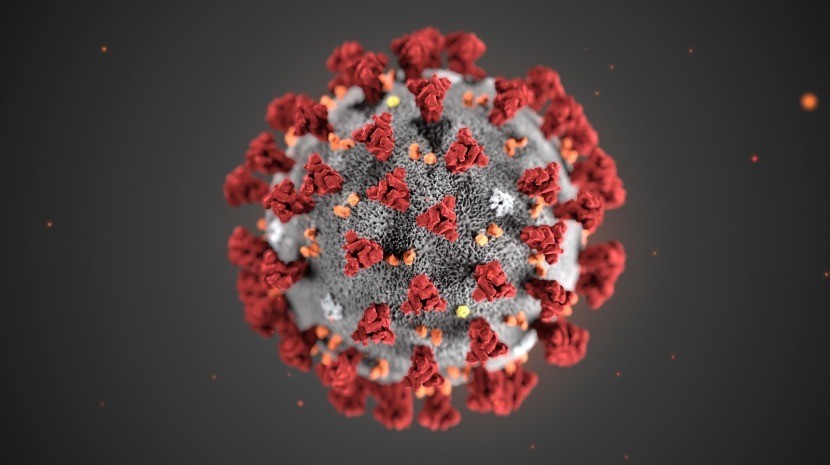The Directorate-General for Health (DGS) today recommended the reinforcement of basic measures for the prevention and control of Covid-19 in the face of the increase in the number of cases, which on the 30th of June exceeded the peak incidence of last winter.
According to the DGS, the transmission of the infection shows “an increasing trend,” with 26 seven-day cases per 100,000 inhabitants on the 30th of June, a figure that surpassed the peak recorded in winter (12 seven-day cases per 100,000 inhabitants), but lower than last summer’s peak incidence (42 cases).
“The specific mortality due to Covid-19 corresponded to 15 deaths at 14 days per million inhabitants, having exceeded the maximum values obtained in the last winter and summer, respectively 10 and 13 deaths at 14 days per million inhabitants,” the health authority said in a statement.
The DGS points out that “all values” are below the European Centre for Disease Prevention and Control (ECDC) threshold of 20 deaths in 14 days per million inhabitants.
About 70% of the deaths occurred in people aged 80 and over, and the region with the highest mortality rate was the Algarve, which maintains an increasing trend.
According to the DGS, about 44% of the patients who died had no record of seasonal vaccination in the last season, and among the eight deaths under 60 years of age, six had no record of a seasonal vaccination.
“There is also an increasing trend in the proportion of emergency episodes due to Covid-19 in all regions and age groups, with the growth being more evident in older age groups,” said the health authority.
Although the epidemiological situation at the moment has “a limited impact on the demand for health services and general mortality,” the DGS reinforces “the importance of adapting the measures to protect against the disease, contributing to reducing transmission to third parties,” explaining that, “given the growth trend observed, associated with periods of heat in the coming days, it is possible that a period of excess mortality will be observed”.
According to the health authority, this increase coincides with the increased prevalence of a descendant of the JN.1 variant, the KP.3 sub-lineage, which was detected in 51.3% of samples in May, which was recently classified as a variant under monitoring by the ECDC.
“The ECDC considers it unlikely that these new mutations are associated with an increase in the severity of infection or a reduction in vaccine efficacy against severe disease, compared to previously circulating BA.2.86 variants. However, older individuals, or those with underlying conditions, or previously uninfected may develop severe symptoms if infected,” he points out.
The DGS recommends those who have symptoms of respiratory infection (cough, fever, headache, difficulty breathing) wear a mask, maintain physical distance, and avoid closed or crowded environments.
It also advises the adoption of respiratory etiquette when coughing or sneezing: cover your nose and mouth with a tissue or your arm and then throw the tissue in the trash and wash your hands, or use an alcohol solution with at least 60% alcohol.
“Wash and/or disinfect your hands frequently,” “keep spaces ventilated, preferably through natural ventilation, opening doors and/or windows” and “turn on SNS 24 – 808242424, in case of persistence of symptoms” are other recommendations of the Directorate-General for Health.
Samantha Gannon
info at madeira-weekly.com
Views: 2




